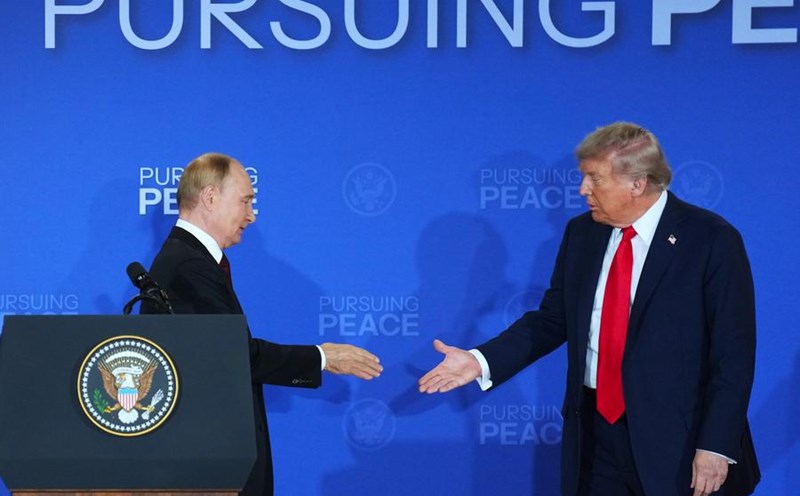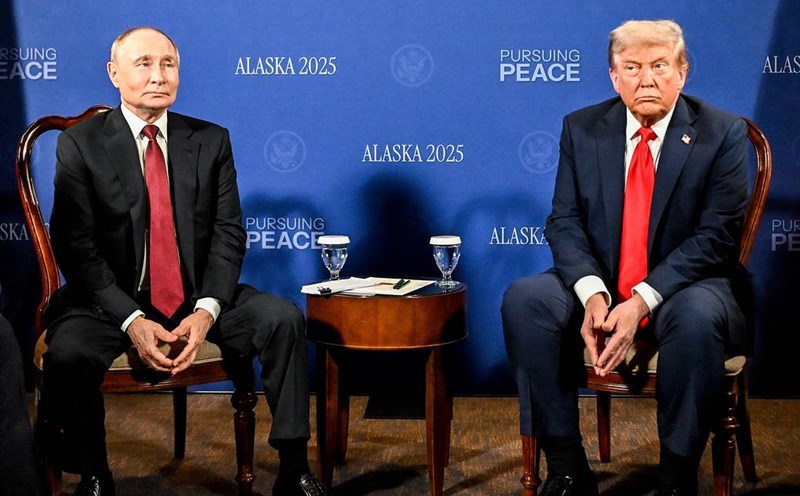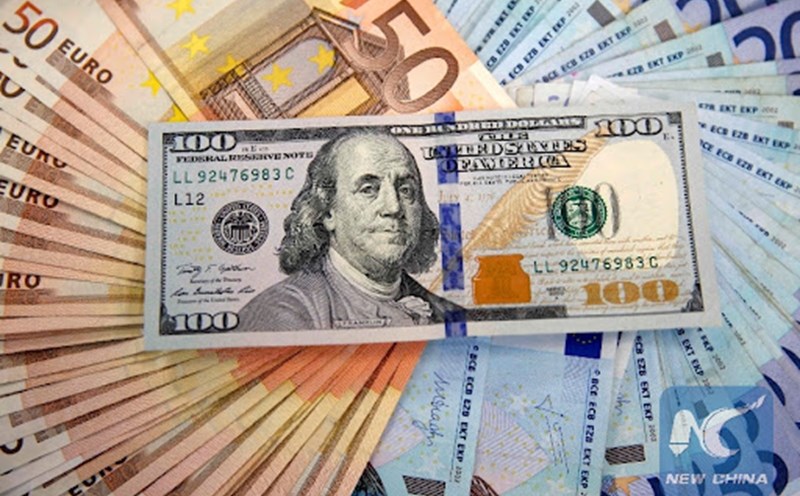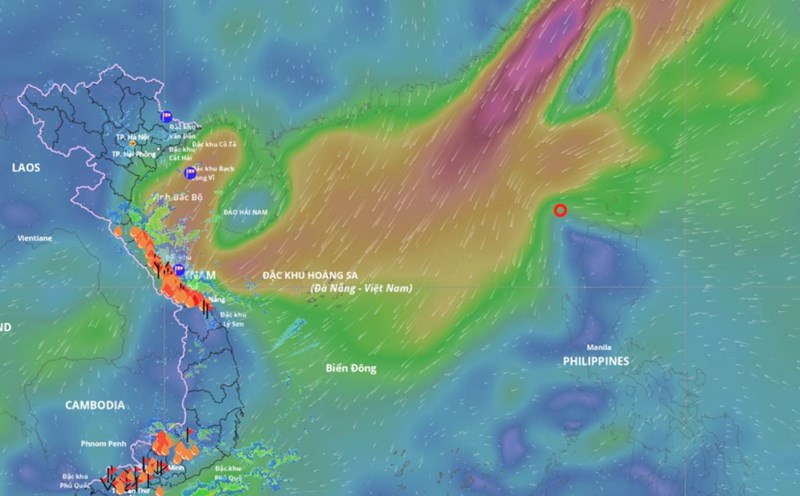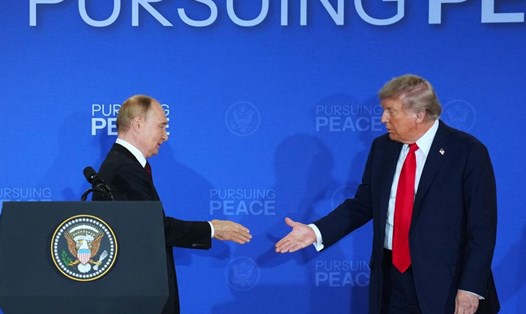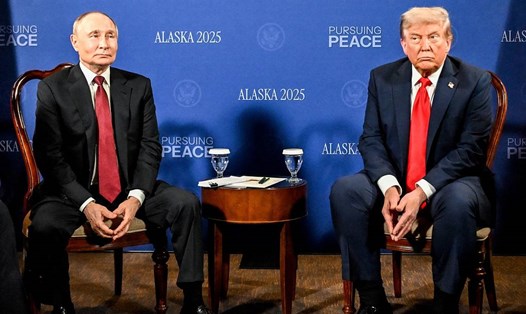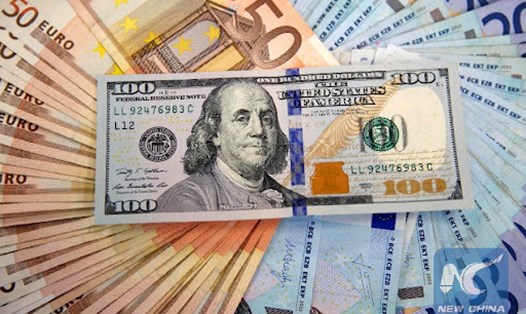The US Treasury Department announced on October 22 the imposition of a new package of sanctions on Russia, citing Moscow's "lack of serious commitments to the peace process".
The targets are two giants of the Russian oil and gas industry - Rosneft and Lukoil, along with 34 subsidiaries operating in the energy sector.
This is the time to end the violence and move towards an immediate ceasefire, US Treasury Secretary Scott Bessent said. He affirmed that Washington is ready to act more strongly if necessary to support President Donald Trumps efforts to end another war.
Sub companies of Rosneft and Lukoil were added to the sanctions list for operating or having operated in the Russian energy sector, the statement said.
Observers say the move could have a profound impact on Russia's crude oil supply chain and put financial pressure on two groups that are considered the "river" of the Russian economy.
At the same time, the European Union (EU) also approved the 19th package of Russian sanctions, including a commitment to further reduce Russian oil and gas imports - a new step forward in efforts to separate the European economy from Russian energy.
The new EU sanctions package also extends the scope to four Chinese oil and gas companies accused of helping Russia circumvent Western embargoes, and could target a number of Indian businesses.
European Commission President Ursula von der Leyen affirmed that this is a measure to " close all loopholes" to ensure the effectiveness of the sanctions applied since 2022.
In addition, the sanctions package also includes a ban on imports of liquefied natural gas (LNG) from Russia to the EU market; blacklisting 118 ships of the Russian "dark fleet" for suspected smuggling of oil; and imposing a complete ban on transactions for Rosneft and Gazpromneft - two pillars of Russia's energy exports.
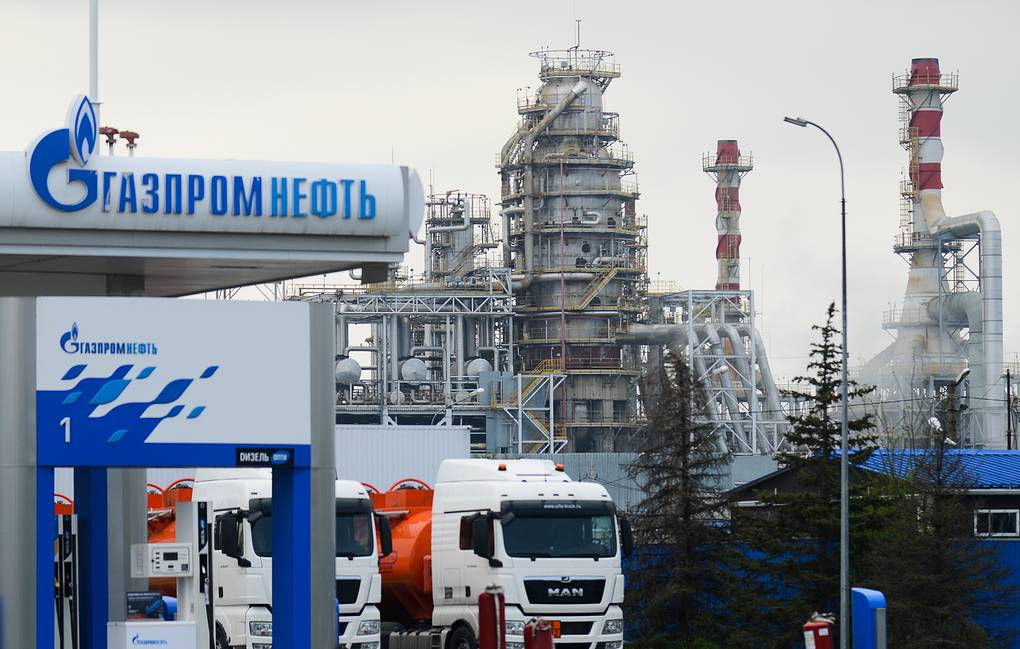
After weeks of negotiations, EU member states have reached a final agreement, despite initial opposition from Slovakia. Many experts warn that the simultaneous moves of the US and EU could push world oil prices to new records, as supply from Russia, the Middle East and Africa are under pressure.
President Donald Trump has recently expressed increasingly disappointment with both Russia and Ukraine, saying that the two sides "do not show goodwill" in the talks.
On October 22, Mr. Trump announced that he had canceled a scheduled summit with Russian President Vladimir Putin in Budapest, Hungary. He said he did not believe the negotiations would bring the desired results at this stage.
However, President Trump has not ruled out holding talks with President Putin at a later date.
The Kremlin said it was still committed to pursuing a long-term peaceful solution to the Ukrainian conflict. However, Moscow accused Kiev and its European allies of deberately sabotage the mediation process by continuing to expand sanctions.
President Putin has repeatedly warned the West not to "use the colonial voice" to put pressure on countries such as China and India - the largest buyers of Russian oil today.

